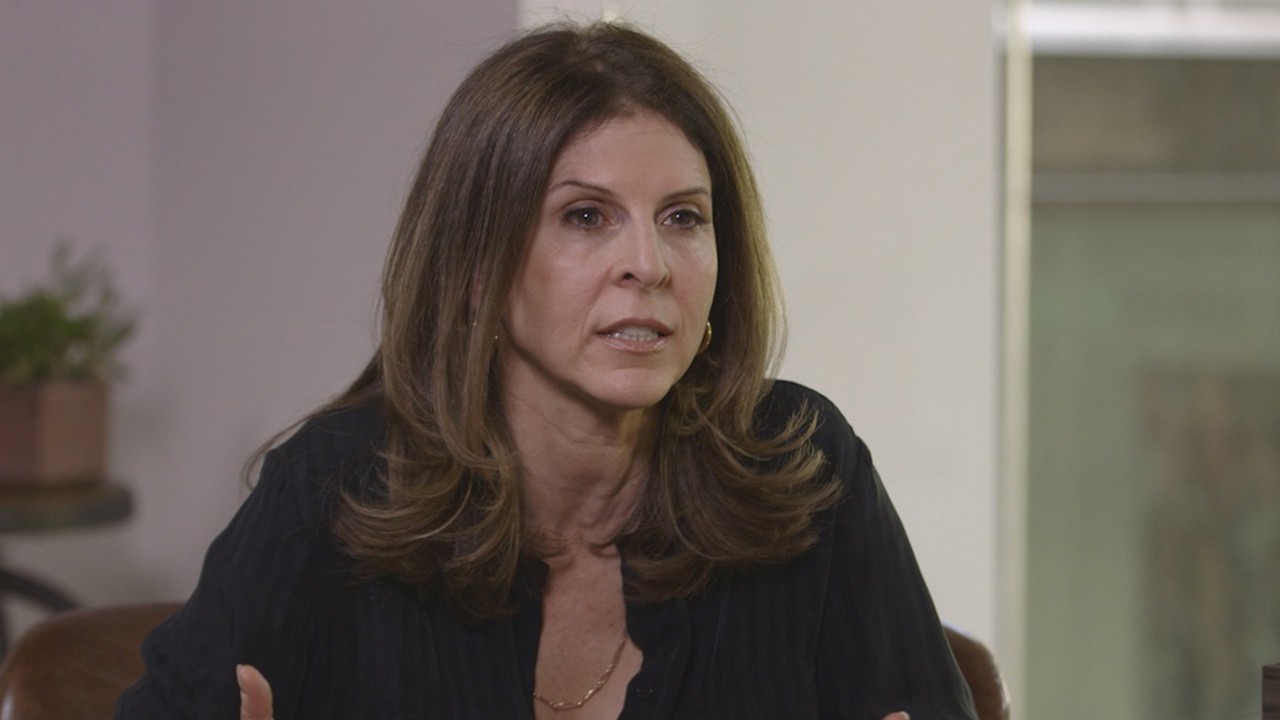Photo by Frederick Breedon via Getty Images
On Monday, a former Vanderbilt University football player finally went to trial for his alleged participation in the gang rape of an unconscious woman four years ago. Brandon Banks, who's charged on five counts of aggravated rape and two counts of aggravated sexual battery, faces a minimum of 15 years in prison; he's pleaded not guilty.During opening statements yesterday, the prosecutor said Banks raped the unnamed woman with a water bottle and assaulted her while taking a picture on June 23, 2013. Assistant District Attorney Jan Norman also noted that of "41 graphic images and videos of the incident that were taken by the football players and later recovered by police, more than 20 were on Banks' phone," The Tennessean reports.A surveillance video shown to the jury shows Banks and his teammates Brandon Vandenburg, who was dating the woman, Cory Batey, and Jaborian McKenzie carrying the victim into a dorm room at about 2:30 in the morning.
Watch now: Amy Ziering On Campus Rape and Why No One Believes Women
Banks also went on a speaking tour to other universities in the SEC, including the University of Georgia and the University of Alabama, to talk to student athletes about sexual assault and consent. Another scheduled event at Louisiana State University was subsequently canceled after faculty caught wind of the "tone-deaf" presentation. Organizer Ty White told The Chronicle of Higher Education that Banks' role was "to speak from the role of someone who was not [the victim's] hero and now is suffering with the consequences in twofold way, realizing, hopefully realizing, the reality of the severity of which he impacted another's life but also in the moment in terms of how he's impacted his and his own family's life."Meanwhile, the victim has graduated from Vanderbilt and is pursuing higher education out of state, The Tennessean reports. She's expected to return to Tennessee to testify in Banks' trial. This will be her fourth time on the stand.
Advertisement
Police say multiple sexual assaults occurred over the next half hour. According to a timeline of court and police records compiled by The Tennessean, "Vandenburg sends text messages and at least one photo to another ex-player, Chris Boyd. Later texts begin to plan a cover-up: Boyd discusses deleting photos and the victim's inability to remember what happened. At 3:09 a.m., Vandenburg covered a hallway surveillance camera with a white towel. It came down 17 minutes later. In the next hour, several athletes interact."Since the attack, Vandenburg and Batey have been convicted and are already serving 17- and 15-year prison sentences, respectively. The third player, McKenzie, awaits his turn at trial and has testified against his teammates in hopes of a plea deal.Banks, on the other hand, has mostly stayed out of the public eye, and continued living his life. Two years after his indictment, he transferred to Lane College, which is affiliated with the Christian Methodist Episcopal Church, and played two seasons with the Division II football team. When previously asked about the decision to admit an accused rapist, the school's president replied: "If the church isn't open to him, who is?"Read more: Student Hanged Herself After University Failed to Investigate Rape, Suit Claims
Advertisement
Watch now: Amy Ziering On Campus Rape and Why No One Believes Women

Banks also went on a speaking tour to other universities in the SEC, including the University of Georgia and the University of Alabama, to talk to student athletes about sexual assault and consent. Another scheduled event at Louisiana State University was subsequently canceled after faculty caught wind of the "tone-deaf" presentation. Organizer Ty White told The Chronicle of Higher Education that Banks' role was "to speak from the role of someone who was not [the victim's] hero and now is suffering with the consequences in twofold way, realizing, hopefully realizing, the reality of the severity of which he impacted another's life but also in the moment in terms of how he's impacted his and his own family's life."Meanwhile, the victim has graduated from Vanderbilt and is pursuing higher education out of state, The Tennessean reports. She's expected to return to Tennessee to testify in Banks' trial. This will be her fourth time on the stand.
"You will never understand what this has done to me if you aren't standing in my shoes," she said during a sentencing hearing last year. "The humiliation, the pain, the isolation, being reduced to nothing but a piece of flesh right before your eyes, it does something to you that is truly impossible to describe."Annie Clark is the executive director of End Rape on Campus. "Going back to court many times, it's a very long and arduous process," she tells Broadly, adding that people respond to trauma differently. "There's a reason that a lot of survivors choose not to go through it. For a lot of people, seeing their attacker again and again and having to be asked questions and recall memories is a very painful process. We also know that a lot of survivors, upwards of 30 percent, experience post-traumatic stress disorder as well as other psychiatric disabilities. And a lot of times, re-traumatizing events exacerbate those mental health concerns.""The humiliation, the pain, the isolation, being reduced to nothing but a piece of flesh right before your eyes, it does something to you that is truly impossible to describe."
"This is not uncommon," Clark continues. "The fact that you have to retell your story, and the fact that it could be really traumatizing and the fact that you'll get publicly blamed and shamed, and people call into question your character. I think it's really important that you not just look at this case as one case but as a case that is representative of how our systems work or don't."She also adds the fact that the perpetrator was invited to speak to schools about sexual assault, rather than the survivor or an organization that works with survivors, "speaks volumes" about our society.
